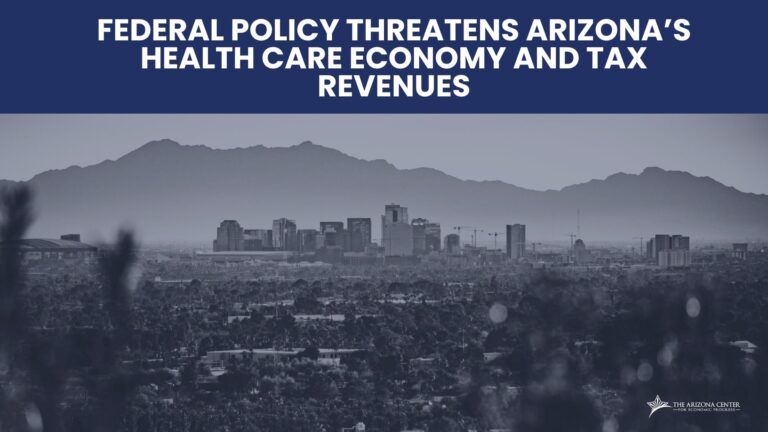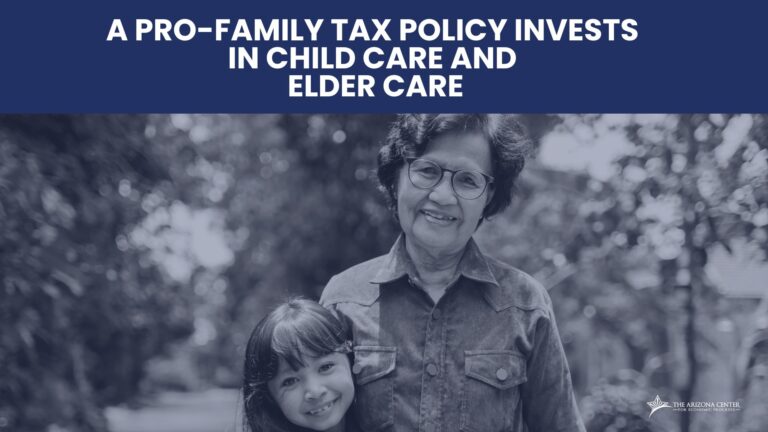
Arizona's regressive tax policy contributes significantly to economic and racial injustice
Tax policy plays a role in the fight for economic and racial justice. The type of tax and how it is structured matters. A new report issued by the Institute for Taxation and Economic Policy (ITEP), Taxes and Racial Equity , explains how historical and contemporary policy choices have resulted in tax codes that maintain or worsen racial and economic inequities. The report provides policies solutions to advance racial and economic justice.
Nationally, white households are more likely than other race or ethnic groups to be among each states’ top earners. While 69 percent of households nationwide are white, they comprise 79 percent of top earners (defined as the top 20 percent of earners, or those earning over $114,000 in 2019). In most states the balance of the households, which are disproportionately people of color, pay a higher percentage of their income in taxes than do top earners. But it doesn’t necessarily have to be that way. As the report shows, a state’s tax structure can be designed to use a mix of taxes so that taxpayers at all income levels pay nearly the same percentage of their income in taxes.
Arizona’s tax policy is among the nation’s most regressive and, as a result, contributes significantly to economic and racial injustice in the state. Arizona’s policymakers rely heavily on sales taxes, which make up 45 percent of the state’s general fund. Arizona families with the lowest incomes spend 8 percent of their income on sales taxes, while families with the highest incomes spend only 1 percent.
Arizona’s policymakers also rely heavily on individual income taxes, which make up 43 percent of the state’s general fund. While Arizona’s individual income taxes are progressive, they are not progressive enough to offset the regressivity of sales taxes.
Instead of Arizona leaders addressing economic and racial inequities in our tax code, Governor Ducey and many legislators continue to pursue tax cut that benefit taxpayers with higher incomes and worsen inequality in the state. The continuations of tax cuts for the wealthy and a few targeted businesses further exacerbate economic inequities and shift the responsibilities for funding our schools, roads, and public safety to low- and middle-income Arizonans. Arizona leaders can begin to create a tax code that works for all Arizonans by eliminating preferential treatment for high-income earners and business income, reduce reliance on sales tax, and restructure the graduated tax brackets so that high-income earners pay their fair share.



